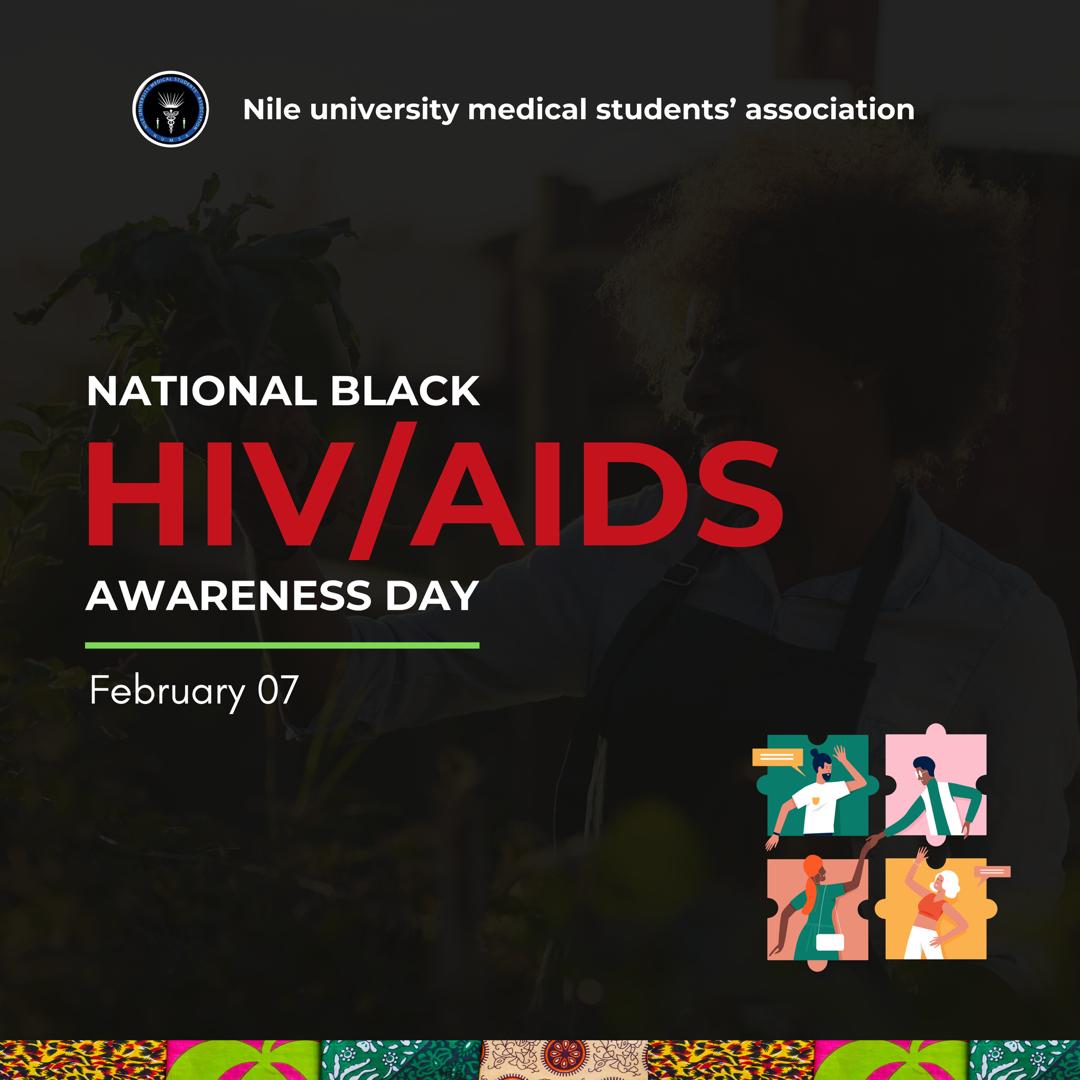National Black HIV/AIDS Awareness Day

HIV (human immunodeficiency virus) is a virus that attacks the body's immune system, making it difficult for the body to fight off infections and diseases.
NATIONAL BLACK HIV/AIDS AWARENESS DAY
HIV (human immunodeficiency virus) is a virus that attacks the body’s immune system, making it difficult for the body to fight off infections and diseases. If left untreated, HIV can lead to AIDS (acquired immunodeficiency syndrome), which is the most advanced stage of the disease.
HIV is spread through contact with certain bodily fluids of an infected person, such as blood, semen, vaginal fluids, and breast milk. It can be transmitted through unprotected sex, sharing injection drug equipment, and from mother to child during pregnancy, childbirth, or breastfeeding.
There is currently no effective cure for HIV, but with proper medical care, HIV can be controlled. People with HIV who get effective HIV treatment can live long, healthy lives and protect their partners. HIV treatment involves taking antiretroviral therapy (ART) medication as prescribed to reduce the amount of HIV in the blood (viral load) to a very low level, which is called viral suppression.
People with AIDS have badly damaged immune systems and can get an increasing number of opportunistic infections or other serious illnesses. Without HIV treatment, people with AIDS typically survive about three years.
National Black HIV/AIDS Awareness Day (NBHAAD) is observed on February 7th. It was first observed in 1999 and is a day to acknowledge the impact of HIV on Black communities, raise awareness about HIV, and highlight the progress being made in HIV prevention and care among Black/African American people.
The day also aims to spark conversations about HIV, address HIV stigma and barriers, and work to overcome structural barriers to HIV testing, prevention, and treatment. NBHAAD emphasizes the critical need to address the high burden of HIV and AlDS on Black communities, as they have been disproportionately impacted by HIV since the early days of the epidemic.
The observance provides an opportunity to mobilize community involvement in combatting HIV and to promote resources for HIV testing, prevention, and treatment research.
View more Posts on our Instagram.